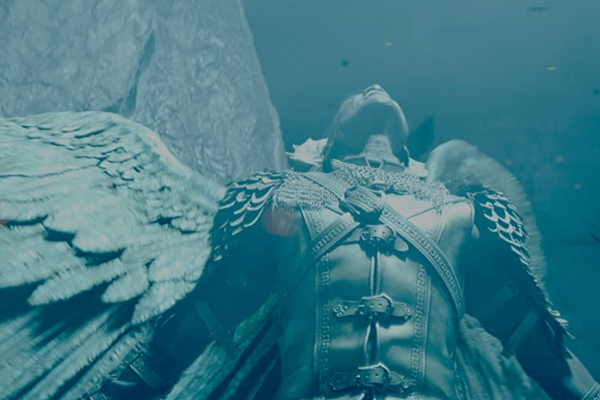Jan 25, 2023
Here’s the setup: A shadowy biotech conglomerate and a cabal of satanists (gasp!) are planning to release Lucifer from hell by… wait for it… stealing the linen cloth used to cover Christ’s body during his entombment, using it to clone Christ’s DNA, and then implanting it into a surrogate mother, allowing Lucifer to possess the fetus. The Devil Conspiracy is like a mix of Rosemary’s Baby, Demon Seed, and the surrogacy mix-up romcom The Switch.
Read the Full Article

Already a subscriber? Login
